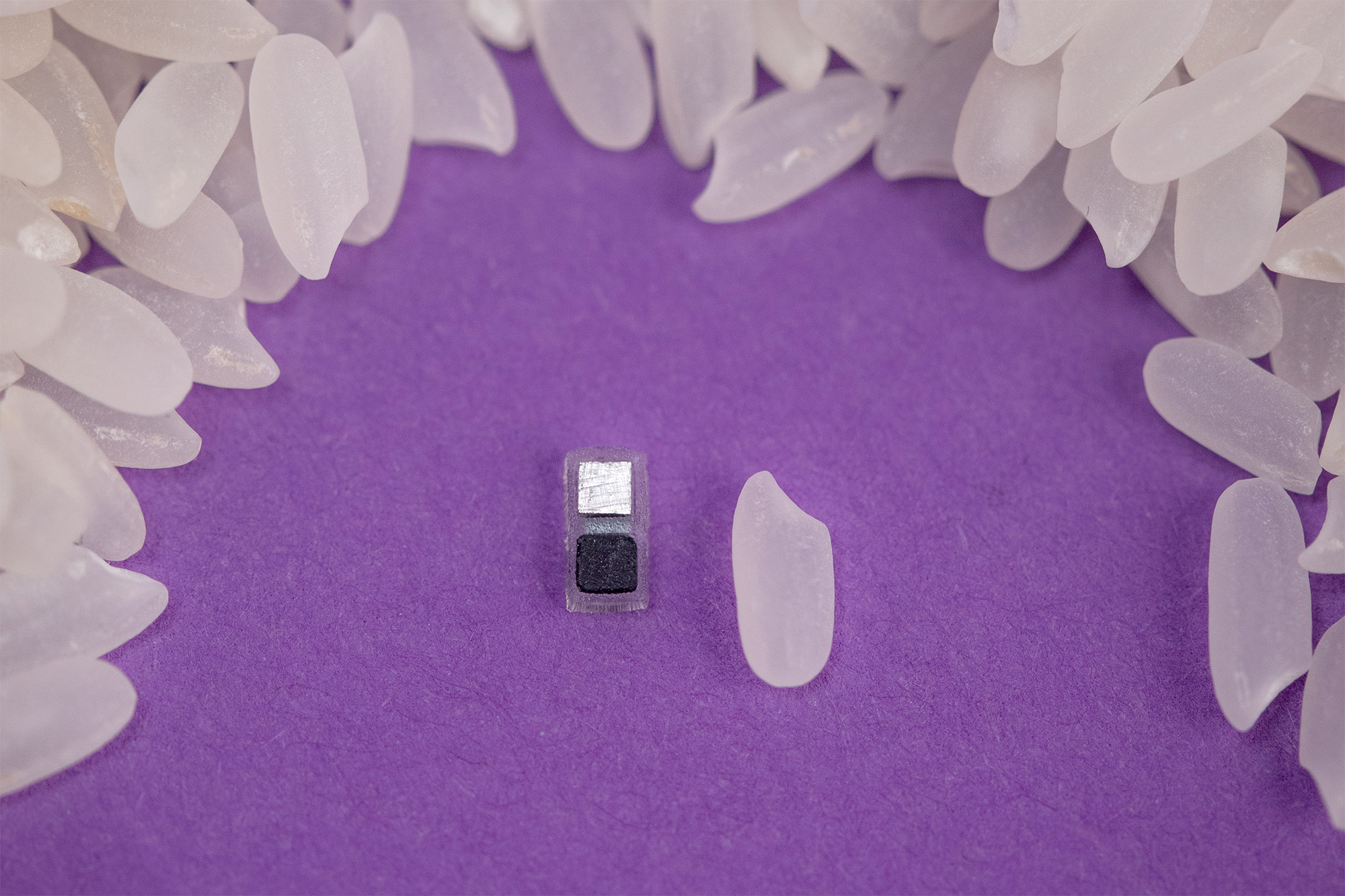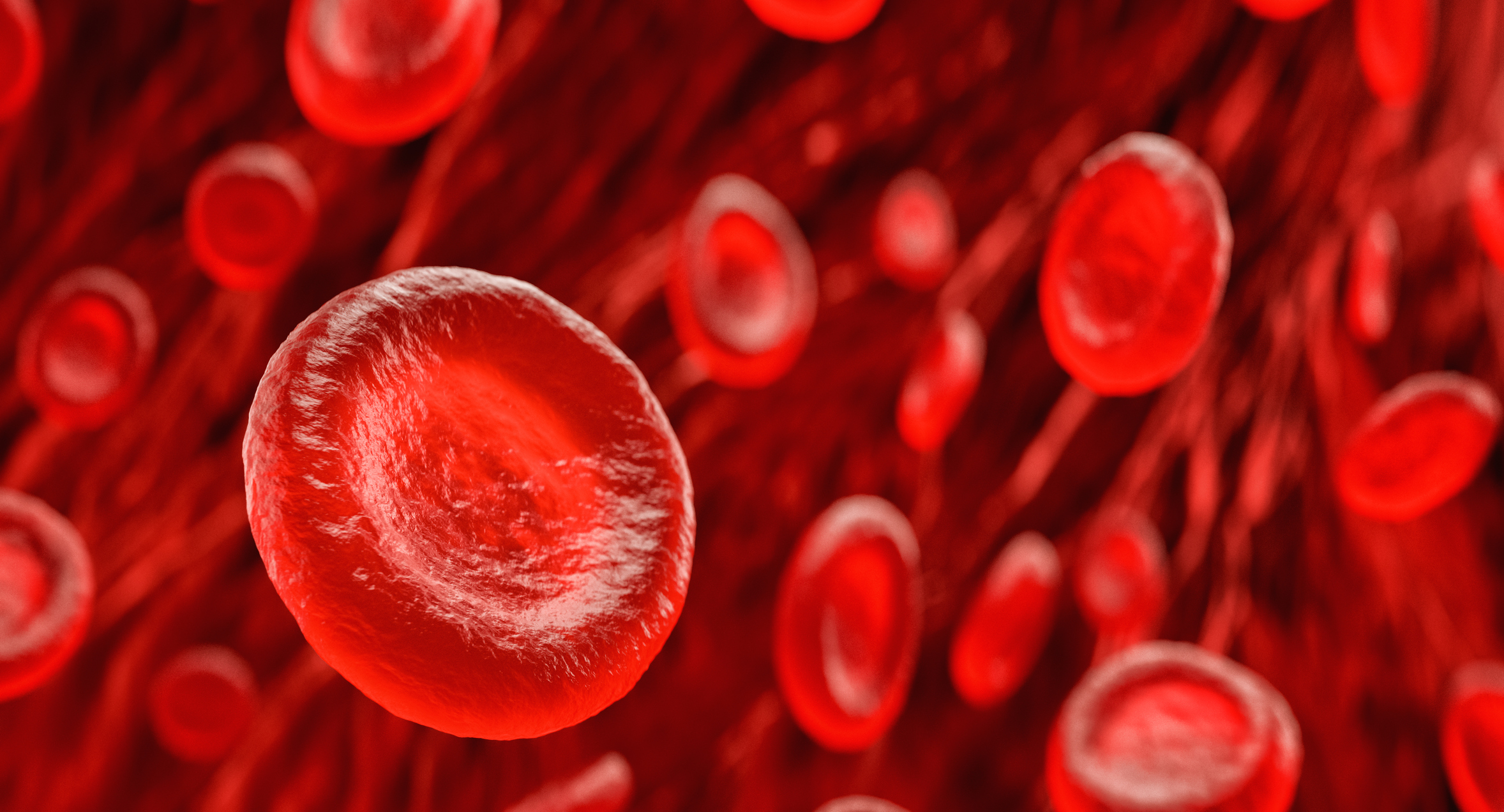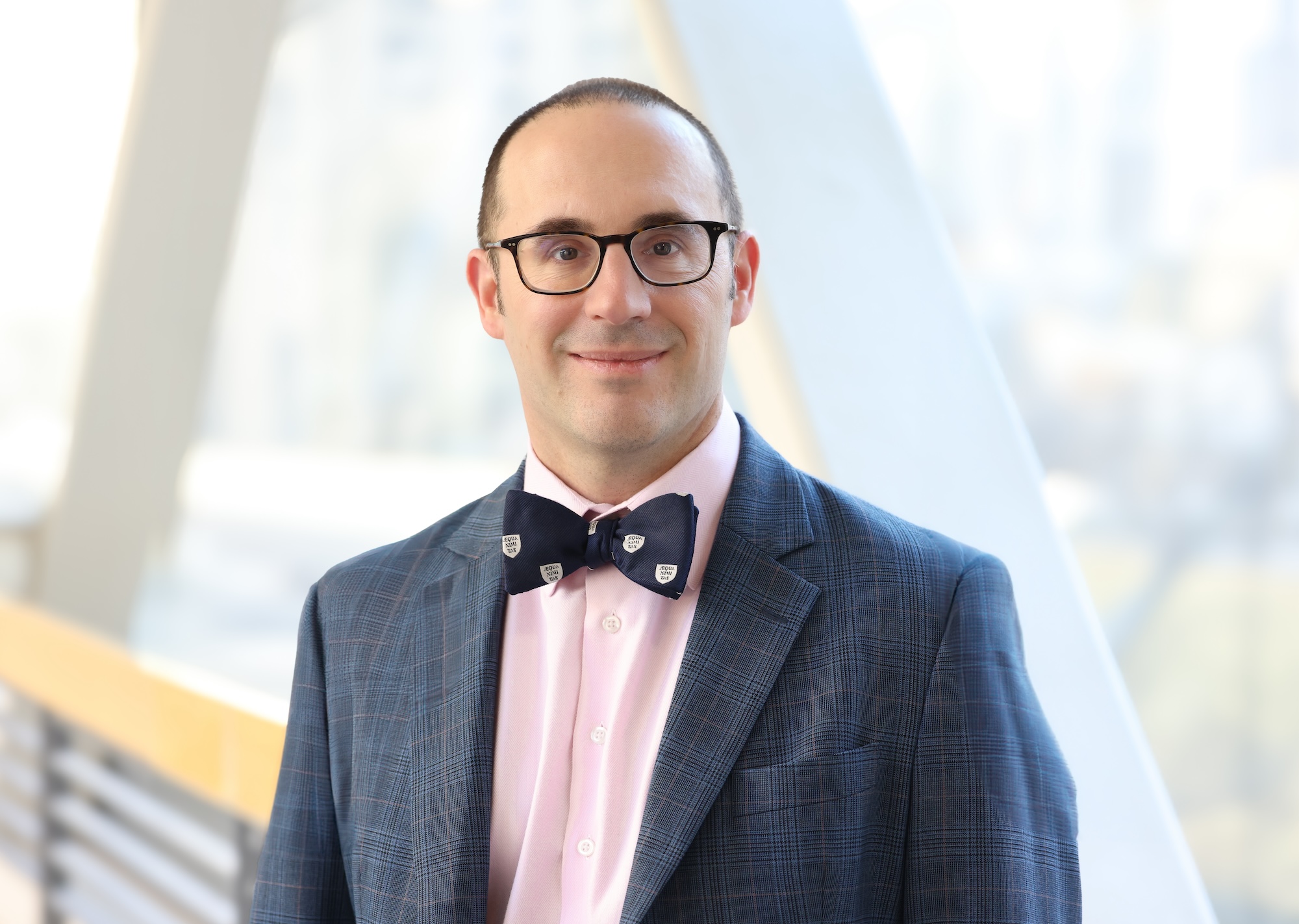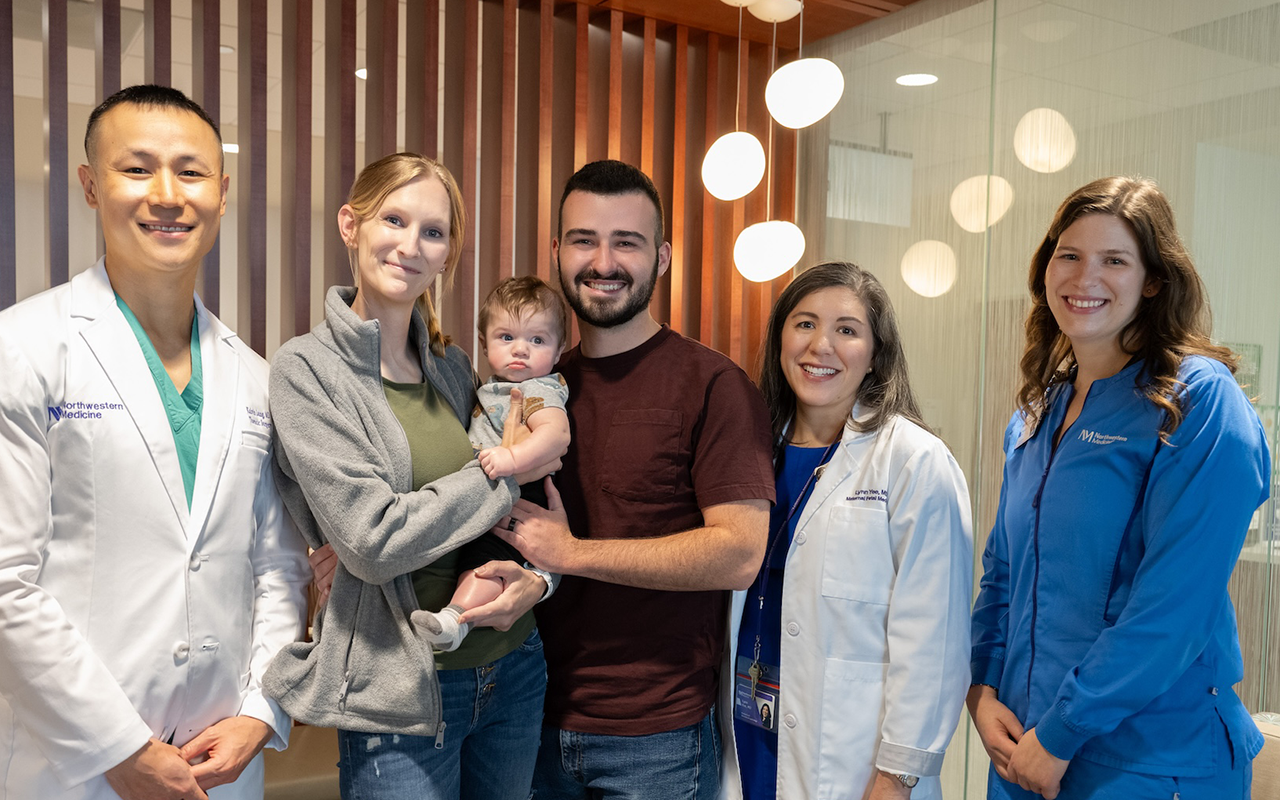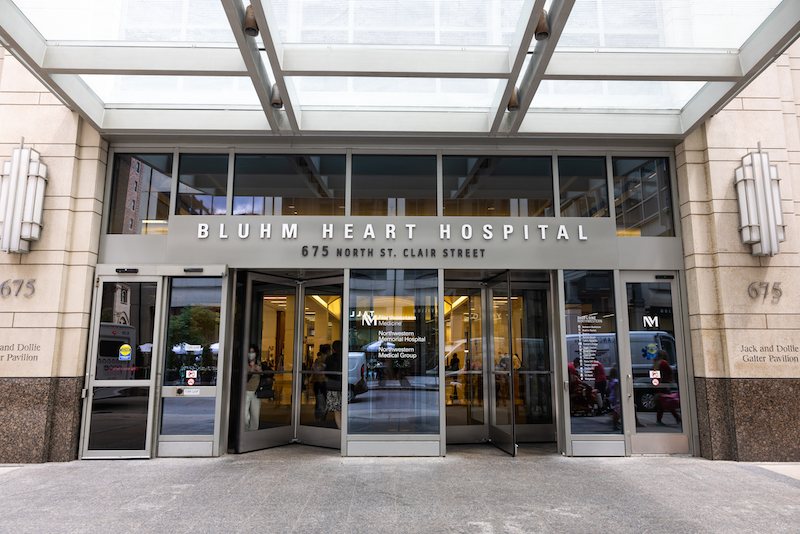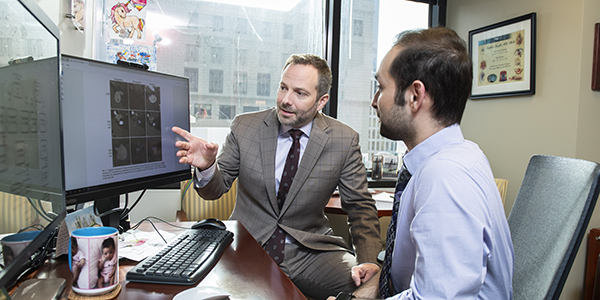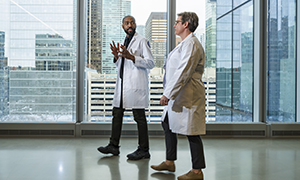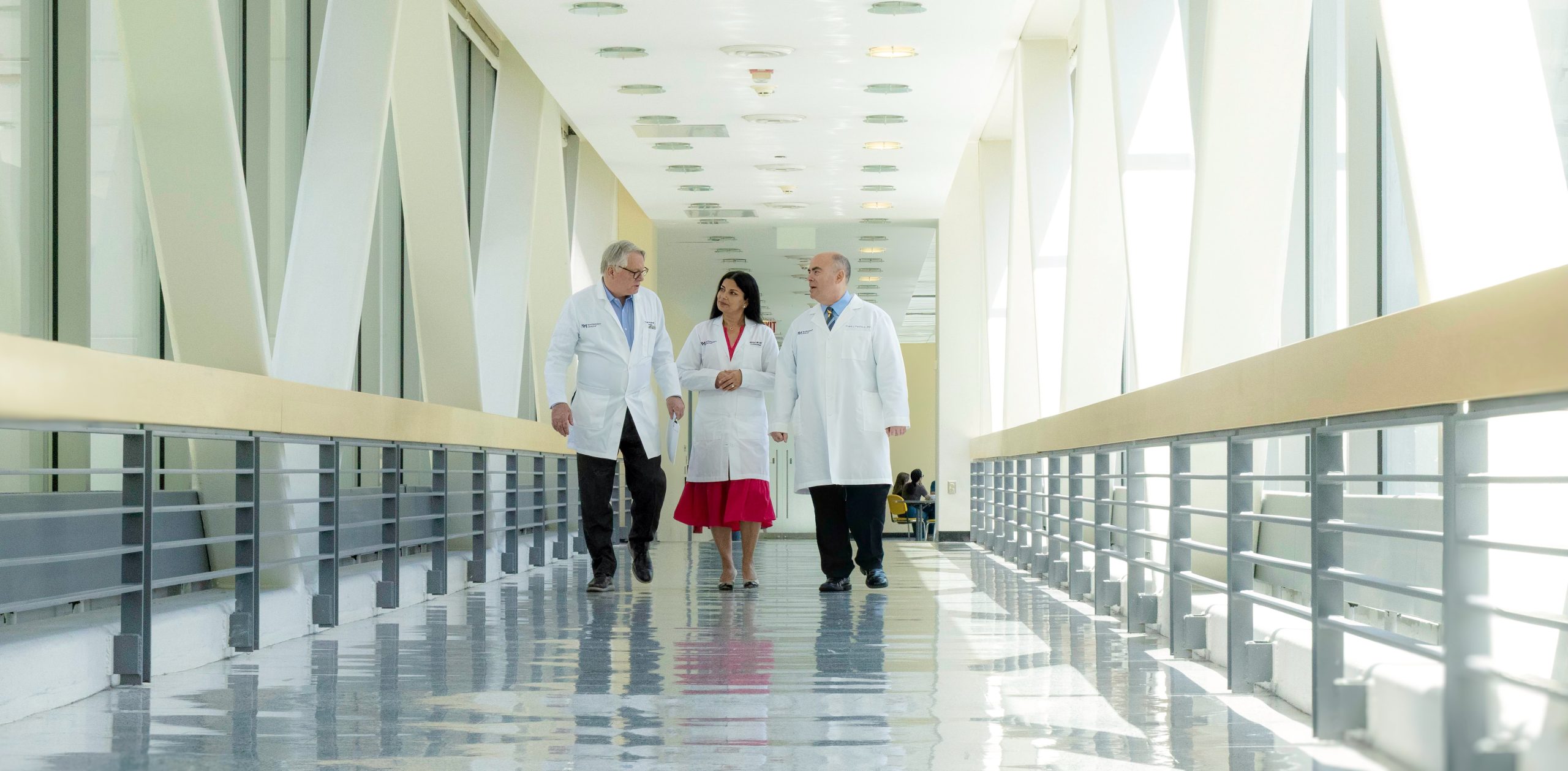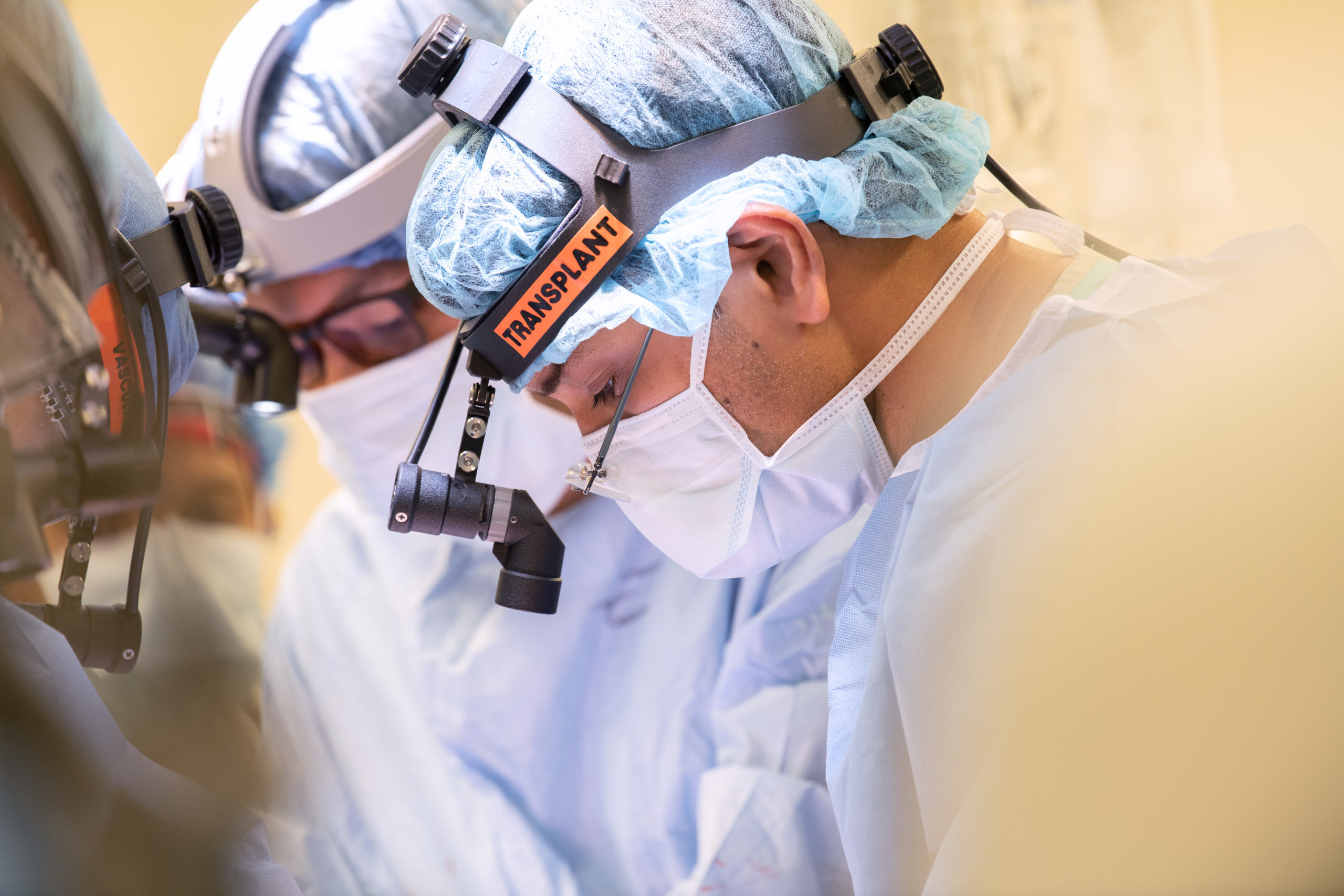
To Breathe Again
Northwestern Medicine performs the first
double-lung transplant in the U.S. for a patient
with lungs damaged by COVID-19.
She was healthy, and is in her 20s. But after battling COVID-19 for six weeks while being supported by a ventilator and extracorporeal membrane oxygenation (ECMO), a life support machine that does the work of the heart and lungs, her lungs had suffered irreversible damage from the virus.
The lung transplant team put her on the organ donation list for a double-lung transplant; 48 hours later, the patient received a new set of lungs at Northwestern Memorial Hospital. It was the first procedure of its kind in the U.S. for a patient whose lungs were damaged by COVID-19.
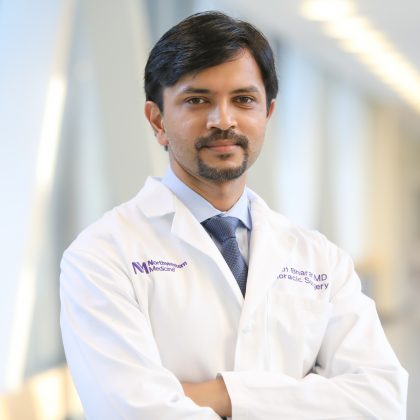
Only Chance at Survival
The woman, whose name is withheld for privacy, lives and works in Chicago. She is also Hispanic, an ethnic group that has been particularly hard-hit by COVID-19.
“For many days, she was the sickest person in the COVID ICU, and possibly the entire hospital,” explains Elizabeth S. Malsin MD, pulmonary and critical care specialist at Northwestern Memorial Hospital and an instructor of Medicine in the Division of Pulmonary and Critical Care. “There were so many times, day and night, when our team had to react quickly to help her oxygenation and support her other organs to make sure they were healthy enough to support a transplant if and when the opportunity came.”
“Due to the ability of Northwestern Medicine’s ECMO program to support patients with life-threatening lung failure for extended durations, the patient could get adequate time to clear the virus from her body, allowing the consideration of transplantation,” adds Ankit Bharat, MD, chief of Thoracic Surgery and associate professor of Thoracic Surgery and of Medicine in the Division of Pulmonary and Critical Care.
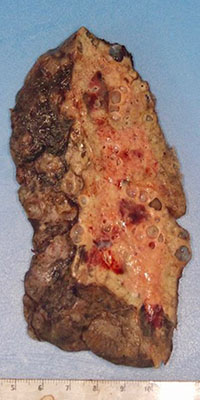
The Road Ahead
While the transplant feat is extraordinary, many questions about COVID-19 remain.
“How did a healthy woman in her 20s get to this point? There’s still so much we have yet to learn about COVID-19. Why are some cases worse than others? The multidisciplinary research team at Northwestern Medicine is trying to find out,” says Rade Tomic, MD, a pulmonologist and medical director of the Northwestern Medicine Lung Transplant Program. Tomic is also an associate professor of Medicine in the Division of Pulmonary and Critical Care.
“COVID-19 results in significant damage to the lungs of patients with severe disease,” adds Michael G. Ison, MD, infectious diseases and organ transplantation specialist at Northwestern Medicine, and professor of Medicine in the Division of Infectious Diseases and of Surgery in the Division of Organ Transplantation. “Opening the door to lung transplantation for patients who have recovered from the infection offers a potential path to recovery.”
Lung transplants are typically hard to find, and patients may have to wait weeks to find a match. Northwestern Medicine has one of the shortest wait times for lungs in the U.S., according to Tomic. Once a patient’s name is added to the transplant waiting list, it typically takes 30 days to find a match; the national average is three months.
“The fact that we were able to transplant this patient quickly and safely is a testament to the infrastructure and expertise of our clinical care and research teams,” says Tomic. “While this young woman still has a long and potentially risky road to recovery given how sick she was with multi-organ dysfunction for weeks preceding the transplant, we hope she will make a full recovery.”

